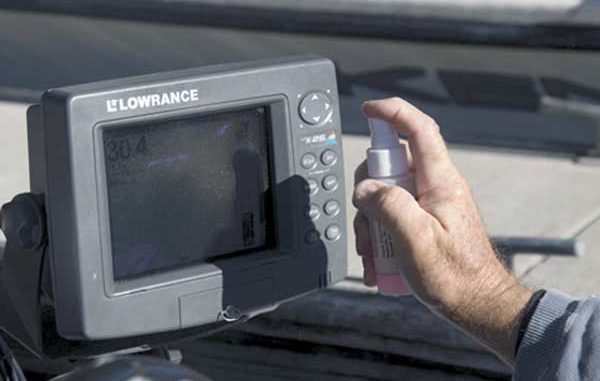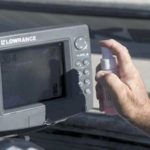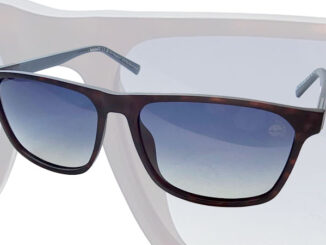
Both your gas tank and your ice chest will be full after a short trip this month to Lafitte’s resurgent Texaco Canals.
Every now and then, I’ll hear someone at a tackle shop or out at a launch ramp give advice on caring for electronics that stands my hair on end. The most frequent category of advice is how to clean LCD screens or, more accurately, the protective lenses that cover them.
One guy actually said that trailering his boat on dirt and gravel roads puts a lot of grit and dust on his screens, and he keeps one of those coarse red rags handy to wipe it off. Ack! Never wipe grit off a screen with a dry rag! Grit turns it into a piece of sandpaper, which scuffs and scratches the lens.
If you feel you must wipe the screen and all you have is a (clean) dry rag, dunk the rag in the water and squeeze it over the screen to rinse off as much debris as possible. When you splash off all you can, dunk the rag again and while it is dripping wet, gently wipe the rest of the dirt off the screen. Follow up with a clean, dry cloth (if you can) to prevent water spots.
The only exception to the No-Dry-Rags rule is wiping greasy fingerprints or water spots off of an otherwise clean screen with a microfiber cleaning cloth like those used for camera lenses.
The best way to keep a screen clean is to prevent it from getting dirty in the first place. When trailering long distances, especially on secondary roads, I keep my electronics in padded bags in the tow vehicle. Leaving them on the boat can subject them to flying rocks and other missiles thrown up by passing trucks, and to being smacked by tree limbs while backing up in tree-covered campgrounds and parking lots.
Glass cleaners containing abrasives or harsh chemicals like ammonia are great for glass but should never be used on plastic lenses because they can scratch, discolor or otherwise optically degrade them.
Since the vast majority of marine electronics protect their screens with plastic lenses, and plastic cleaners will also clean glass screens, it makes more sense to use a cleaner safe for plastics even if you think your screen might be covered with glass. I remove water spots and dust by wetting a screen with Wilson Frazier’s Krystal Vision (available at itainttv.com) out of a pump-spray bottle, and then gently wiping it with a microfiber cloth.
A clumsy hand can also damage an LCD screen. Applying heavy pressure to a rag with one finger against a small area of a screen can damage the pixels at that spot and make the area appear always blank or always dark as the rest of the screen works normally. Wipe a wet cloth across a screen while applying a light, even pressure with all your fingertips. Think “soak and dissolve” instead of “scrub.”
Common sprays, liquids and lotions like sunscreen, bug repellent, reel oil, liquid lure attractants and some electronic contact cleaners may permanently stain or discolor a screen, so exercise care when using them. “Safe for use on plastics” does not necessarily mean that the product so labeled is guaranteed not to damage the optical quality of a transparent plastic lens treated with anti-glare coatings.
Babying the LCD screens on our electronics is one more way to make units last longer, providing we follow only good advice. Before trying something that sounds questionable, call your marine dealer or the unit’s manufacturer and get a second opinion.




